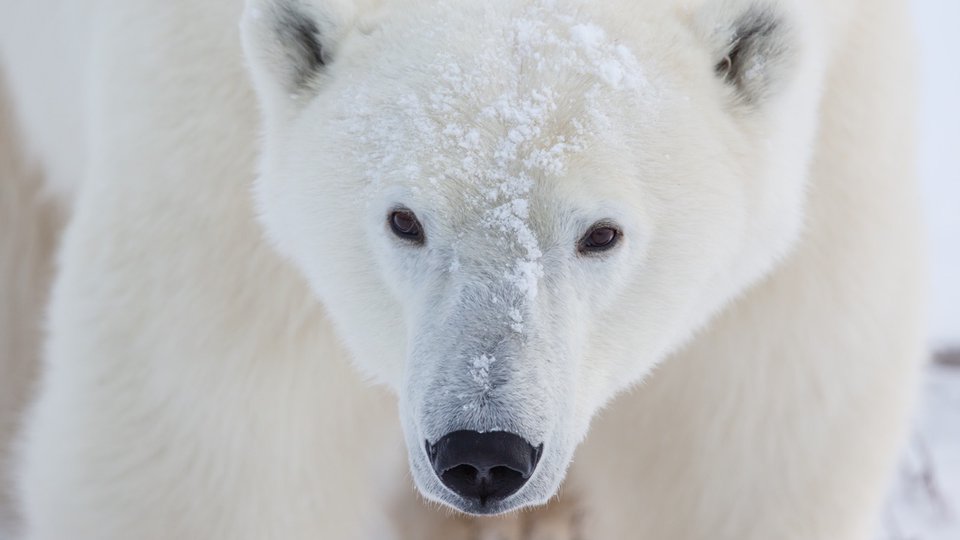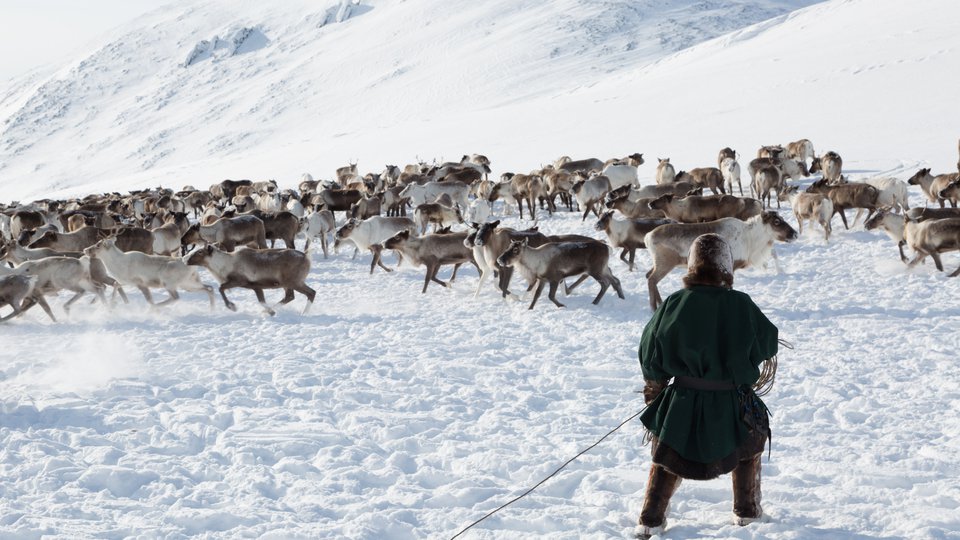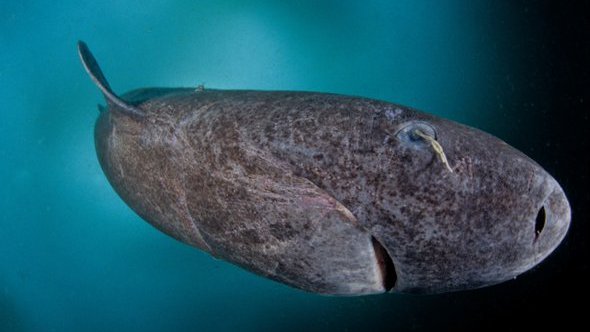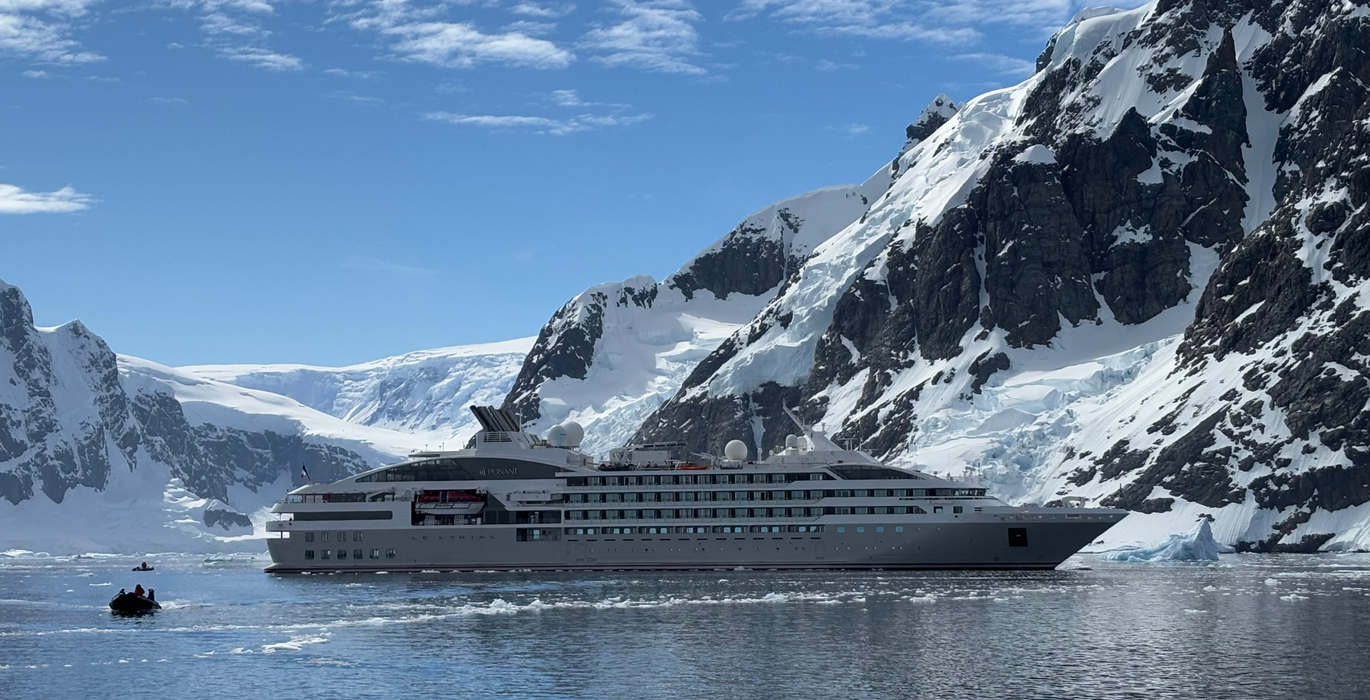
October 02, 2025
As waves from the Drake Passage crashed against the windows of the Le Lyrial cruise ship, Rob Caskie, the onboard storyteller for Abercrombie & Kent, captivated his audience with vivid, passionate tales of the explorers whose fates were written into the white silence of Antarctica.
“Most people don’t grasp how incredibly difficult it is just to get here. The logistics alone are staggering.”
A native of Cape Town, South Africa, Caskie began his journey working with famed battlefield narrator David Rattray, eventually making a name for himself with his deeply human portrayals of history. Raised speaking Zulu and later serving in a Zulu troop, his South African heritage informs his performance. He is revered for his visceral storytelling, particularly about the Anglo-Zulu War.
Today, he brings the same emotional intensity to the icy frontiers of Antarctica.
“In the early 1900s, the edge of Antarctica was as distant to us as the surface of the moon is now.” Even today, the continent remains as inaccessible as it was a century ago. “And then there’s the mystique, the danger, the isolation.”
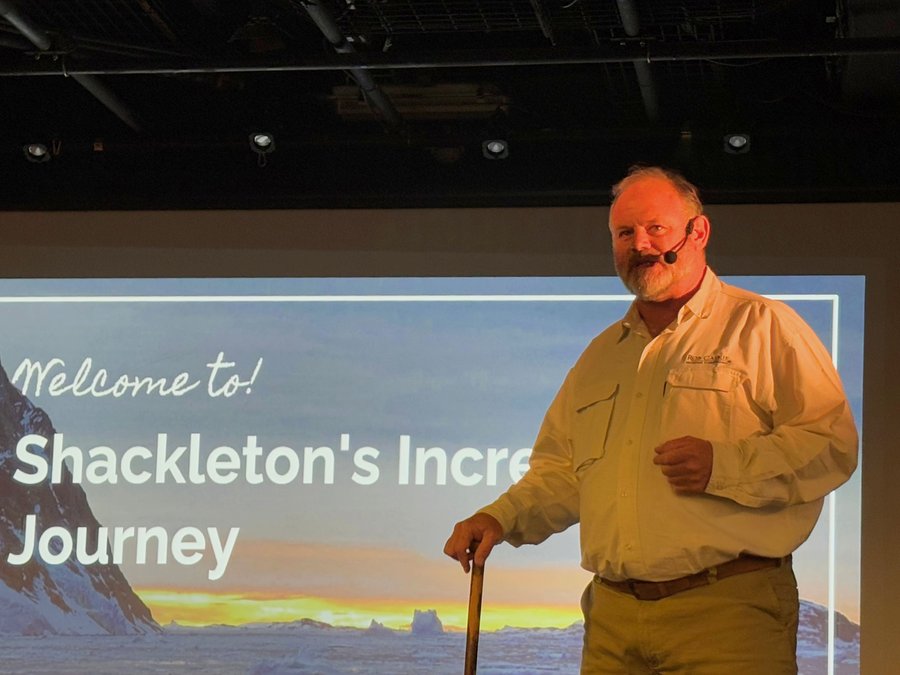
Most people don’t grasp how incredibly difficult it is just to get here. The logistics alone are staggering. (Photo Credit: Melody Wren)
Whether the ship was circling Cape Horn or drifting through still waters, Caskie gripped his audience with stories of struggle, leadership, and survival. His first lecture felt like a one-man stage play with a booming voice, poignant silences, unexpected humour, and heartbreaking accounts of bravery. Laughter gave way to tears as he painted scenes of frostbitten men pulling sleds toward history.
“There’s a kaleidoscope of incredible human stories down here.”
According to Caskie, three explorers stand out in Antarctic history–Roald Amundsen, the first to reach both the North and South Poles and conquer the Northwest Passage. James Cook, who in the 18th century circumnavigated Antarctica without setting foot on the mainland. And James Clark Ross, who mapped the Ross Sea and the Ross Ice Shelf in the 1840s, paving the way for future scientific exploration.
Other modern explorers left their mark. In the 1950s, Vivian Fuchs completed the first mechanized crossing. More recently, Henry Worsley, a descendant of Shackleton’s captain, Frank Worsley, attempted a solo ski crossing along Shackleton’s path. He covered 1,800 miles before succumbing to peritonitis.
“Even today, people underestimate how difficult it is to move through that environment.”
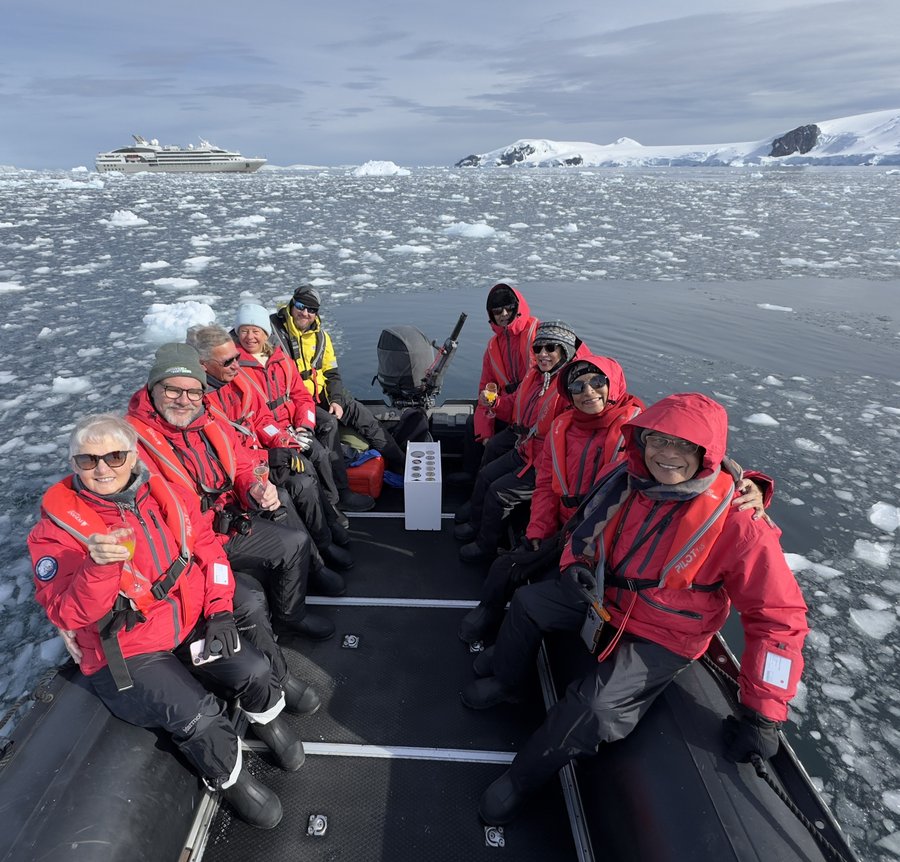
(Photo Credit: Melody Wren)
One of Caskie’s most gripping lectures recounted the doomed Terra Nova expedition led by Captain Robert Falcon Scott. Born in southern England, Scott lived with quiet intensity and a deep sense of destiny. Strikingly handsome, with broad shoulders, a narrow waist, and piercing violet-blue eyes, he had a commanding presence that impressed even the president of the Royal Geographical Society. By the early 20th century, he was Britain’s great hope to conquer the last unclaimed prize on Earth–the South Pole.
In 1911, after laying supply depots, losing ponies, and watching experimental motor sleds fail, Scott and his team pushed toward the pole—only to arrive and find a Norwegian flag already planted by Amundsen. “This is an awful place,” Scott wrote in his journal. “And terrible enough for us to have laboured to it without the reward of priority.”
One by one, they succumbed. Taff Evans collapsed. Lawrence Oates, frostbitten and slowing the group, famously walked into a blizzard: “I am just going outside and may be some time.” Scott, Wilson, and Bowers were trapped in their tent just 11 miles from a supply depot. Weakened by frostbite and scurvy, they never left.
Scott’s final journal entry, a masterclass in courage and grace, stated, “We took risks, we knew we took them. Things have come out against us, and therefore, we have no cause for complaint… Had we lived, I should have had a tale to tell of the hardihood, endurance, and courage of my companions… For God’s sake, look after our people.”
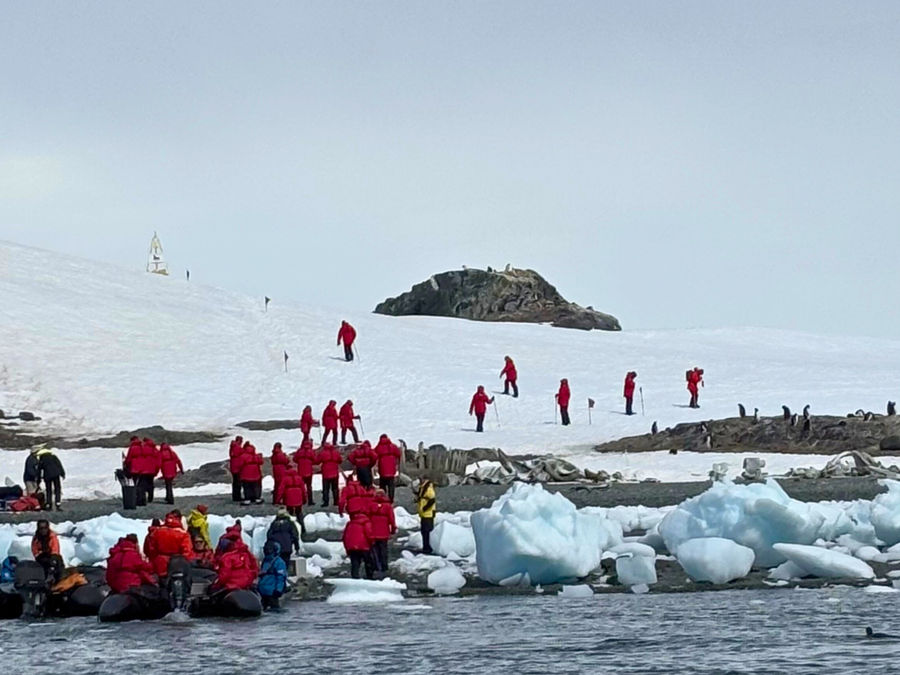
(Photo Credit: Melody Wren)
Their bodies were found months later, journals beside them—an epitaph frozen in time.
Caskie also shared the harrowing account of Australian geologist Douglas Mawson. In 1913, Mawson lost a teammate and critical supplies in a crevasse accident. He turned back alone, surviving on dog meat. At one point, the soles of his feet detached—he reattached them with lanolin. He walked 300 miles back to base. Some accused him of cannibalism—a claim he denied. He had lost over 100 pounds.
“Polar living is about mind and emotion rather than muscle and matter.”
Early explorers endured with gear that retained less than 20% of body heat, and once wet, it stayed wet. Despite technological advances, the essence of polar exploration remains unchanged. Today’s high-tech clothing retains up to 80% of body heat, yet the psychological challenges remain. “Few men are the same after a stay here.”
As the winds of the Drake Passage howled outside our cabin, I realized the stories Caskie told weren’t just about the past. They remind us that even in an age of satellites and GPS, some frontiers, within and without, are still untamed.
